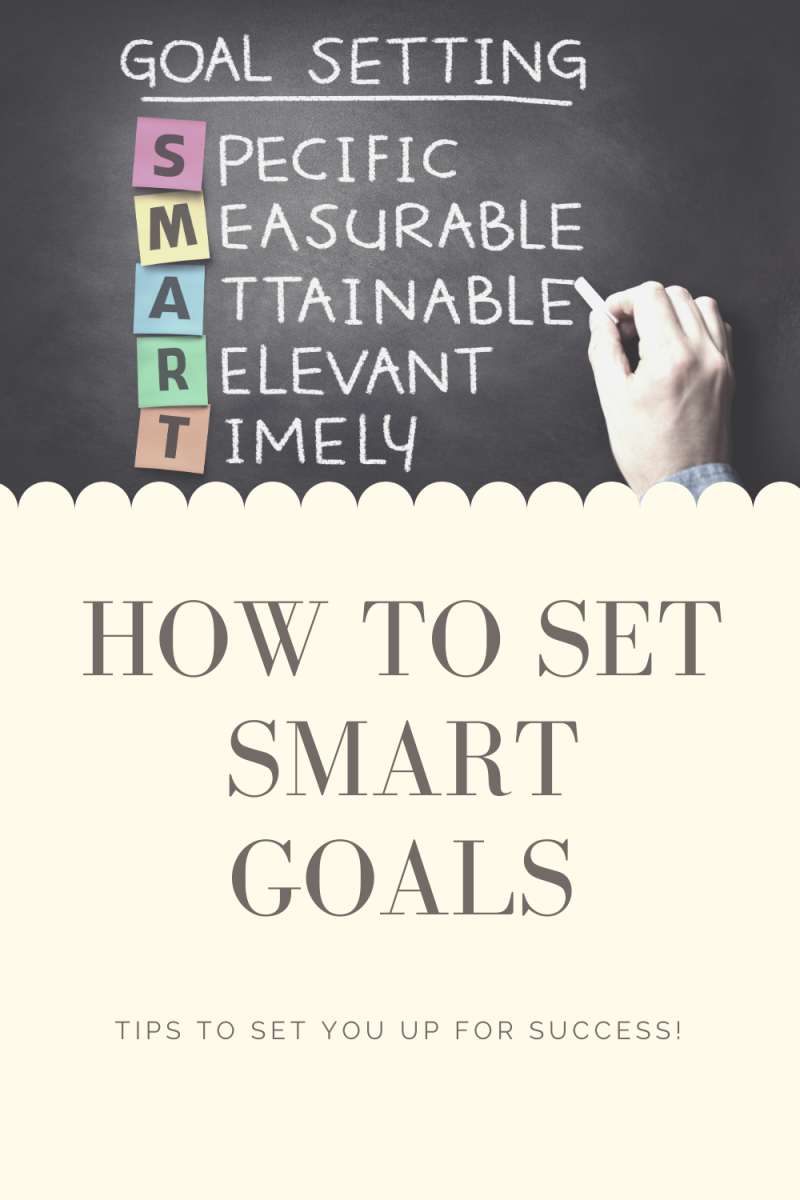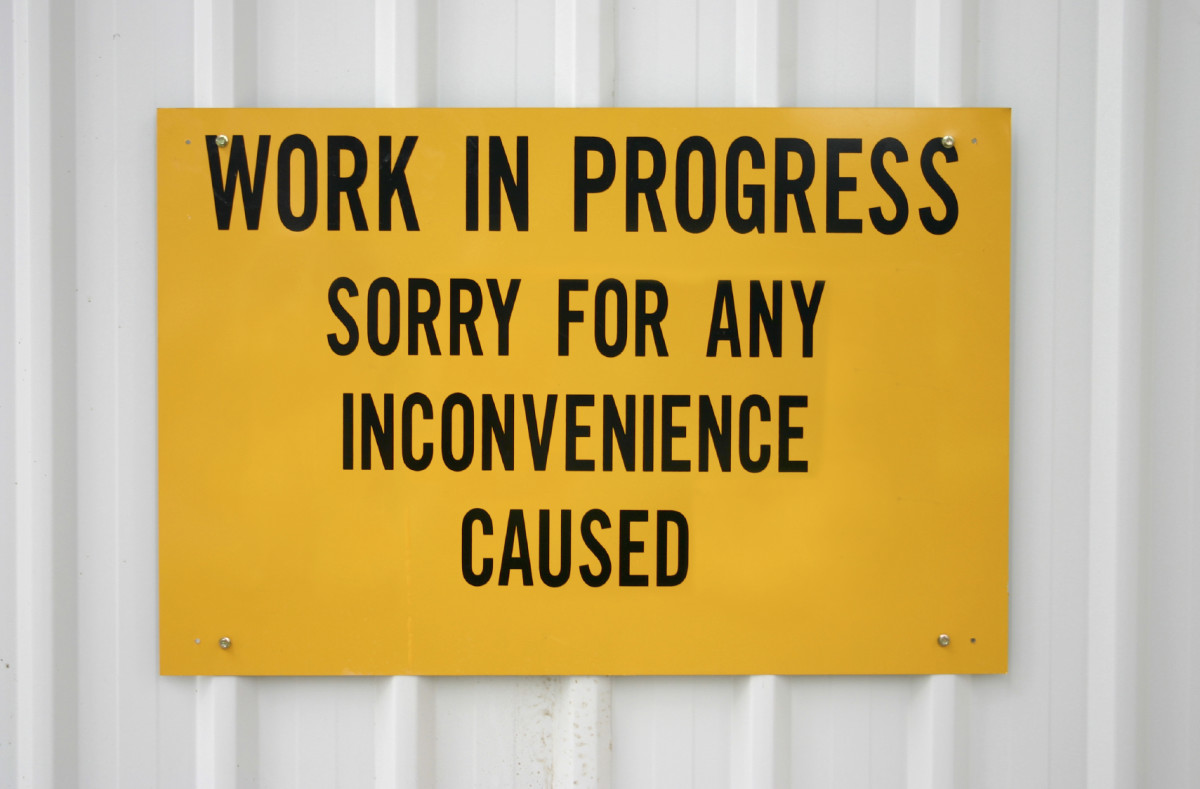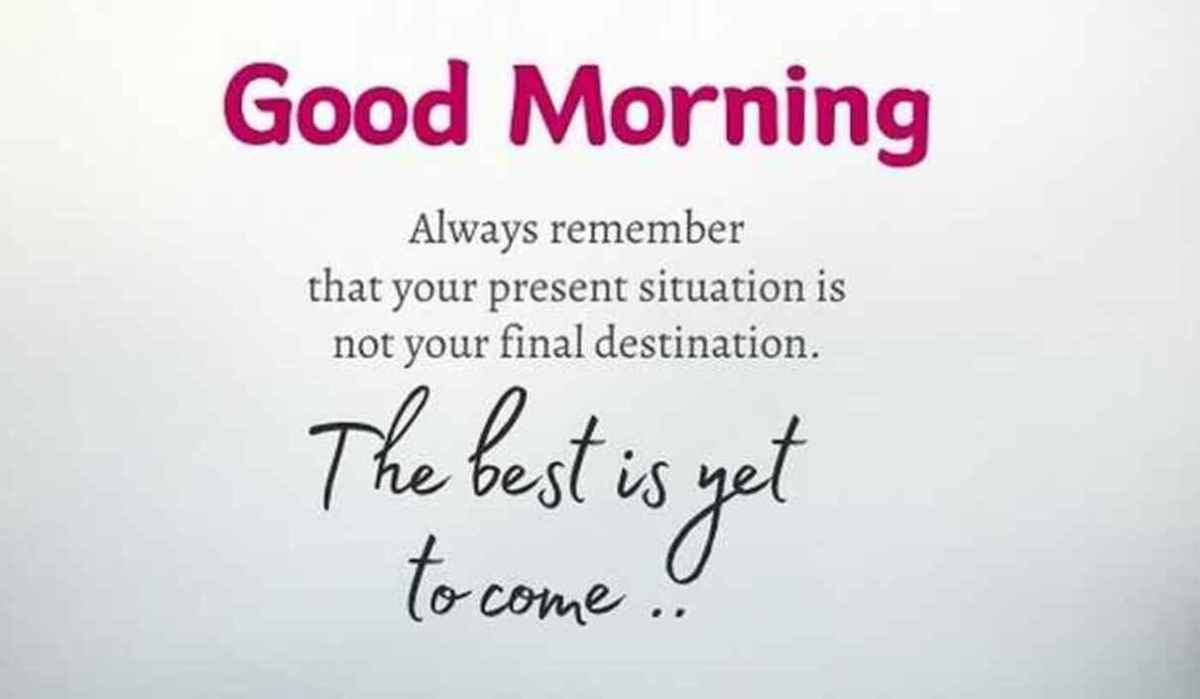The Importance of Goal Setting and How To Do It
Some people love the word "goal". Others hate it. I guess it depends on your personality, your history with the concept, and your current life circumstances.
Goals are hugely important, but often overlooked by people who are afraid of failure. The thought process goes something like, "I don't want to set a goal because what if I don't meet it?" Before you can embrace the beauty (and helpfulness) of goal setting, you must first see failure as a learning tool, and not something to be afraid of. Every formula for success includes a dollop of failure.
Now, onto the fun part- goal setting!
Why are goals so important?
1. They stretch you more than you would normally go.
Let's talk about physical training for a second. If you are doing pushups, you'll stop when your muscles start to burn. If however, you tell yourself you want to do 50 pushups, maybe you'll reach that number, and maybe you won't. But it's highly likely that you'll do more than if you hadn't given yourself a number. People who are focused on results only, fail to see the success in the midst of trying.
2. You can watch the progress.
Goals help motivate you when the going gets tough. You can see the small incremental steps adding up over time. Financial experts thrive on this principle. If you just stop buying that Starbucks Latte for a year, you will have saved hundreds of dollars by the time 12 months is up. It is hard to imagine you are spending that kind of money when you hand over a $3.29 on one occasion.
3. They get you somewhere you never thought you could get to.
Did you know there is a free online open course about how to build a computer? It starts with a unit about boolean logic (and a Nand) and eventually, you work through the work until you've built a computer and a working version of Tetris. Now, imagine someone saying to you, "Go build a computer and a software program." You'd probably laugh at them right? But when you break it down into bite size pieces, all of a sudden- it doesn't seem quite so impossible.
How to Set a Goal
Let's think of goal-setting as a reverse pyramid. You start with the big end result that you hope for, and then break it down until the steps are manageable.
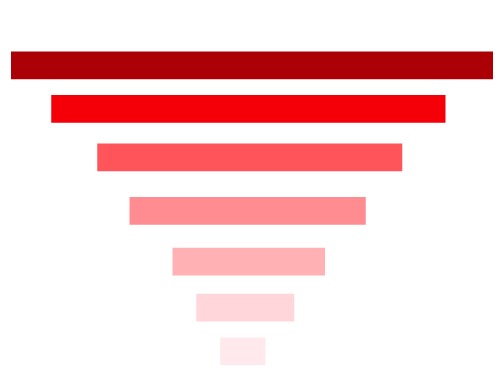
What is the final result you hope to obtain?
Write down a goal. It can be big or small, but aim for something that seems currently difficult or hard to reach. Goals don't have to just be action oriented; they can be relational as well. Here are some examples:
1. I would like to have a more fulfilling marriage.
2. I would like to cook at home at least 4 times a week.
3. I would like to write a book.
4. I would like to run a marathon.
5. I would like to go back to school.
6. I would like to have a baby.
7. I would like to finish my scrapbook of my children.
8. I would like to get a new job.
Some of these examples are a bit vague. Try to get as specific as you possibly can. It may feel scary because of your fear of failure, but push through. Once you have a goal in mind, WRITE IT DOWN.
An Example of My Personal Goal
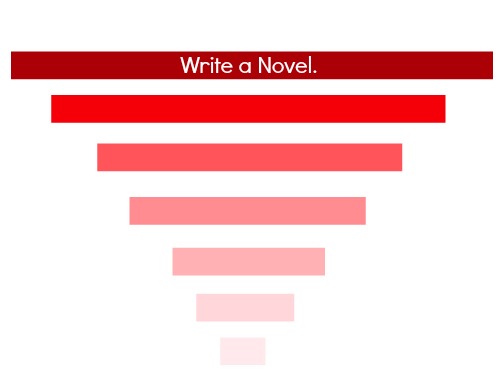
Slowly break down the goal into manageable steps
Now that you have your end result, back up a bit. I'll use my example of writing a novel. I wrote down all the things I could think of- that I would need in order to write a novel.
1. I need to have an idea.
2. I need to write 80,000 + words.
3. I need to have characters.
4. I need to know how to plot.
5. I need to know how to write a book.
You get the idea. Just write down everything you can think of that somehow feeds into your goal. The steps don't need to be in order. Just get them out.
Once you have them all laid out, you can start to see how they might form an order...like this. If they don't, no worries. Just put them in any ol' order and you can work it out later.
Notice how I changed the final goal after working it out a bit? At first I wrote, "Write a novel" but then I realized that the actual goal is "Complete a novel".
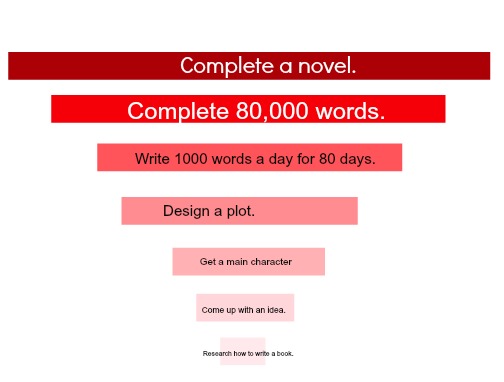
The spider web
Once you have your big steps, your pyramid will start to take on a new form. Each one of those steps have other steps attached. And I also will start to notice I have steps missing. That is okay. Think about how much more "fleshed" out your goal is now that you have done that exercise? Here is an example of fleshing stuff out.
Research how to write a book
Even though that step is first, it may actually be several steps. Let's say I go to one website a day, and spend 15 minutes researching. Now it may force my other steps to change, or it may just help iron out exactly what I need to do.
Come up with an idea
How do you come up with an idea? Perhaps your research told you to watch some movies, read books, or resurrect an old memory. Maybe, you'll write down five or six ideas.
With my pyramid, working through the steps, I realized I was missing several other steps (which I filled in later).
Keep going through each step, no matter your goal. If it is a relational goal, you might have a bit more trouble, but it still isn't impossible. The key is to do things that are in your control.
Creating goals that are within your control
If your goal is to have a happier marriage, there is only so much you can do to reach that end. Rather than trying to hope and wish for someone else to change, you flesh out the goals and steps that YOU can do to make that a reality.
1. Acknowledge the problems.
2. Deal with personal resentments.
3. Aim to say one or two complimentary things to your partner each day.
4. Initiate a romantic date.
5. See a counselor if things continue to not work.
Notice these are all things you can do, and not dependent on your partner. Oftentimes, we have goals that seem out of our control. For example,
Become a famous musician.
You can be the best musician, with the best music, and the most talented voice and fingers, but you still may never become famous. So what do you do with a goal like that? You break it down into all the manageable parts and pieces that you DO have control over.
Often times, your end result changes in the process. If it doesn't, just remember how much further you are having done all you know to do. At the end of the day, you will be more accomplished- if not famous. You'll also have the satisfaction of completing a lot of personal challenges.
The tiniest piece
After all was said and done, my bottom line was to write 1000 words a day. That is approximately 10 paragraphs. One paragraph takes me around 5 minutes. So I need 1 hour a day for a bit less than 3 months in order to get my novel on paper.
If I don't have one solid hour, than I break it up into two 30 minute sessions each day.
When I look at it that way, it doesn't seem so scary. You can do this with any life goal, no matter how big or small. Start with a large picture in mind, and work your way down until you can manage the size of the task.
Even if you fail at your ultimate goal, you will have accomplished so much more just in the attempt of reaching for your dreams.

About the author
Julie DeNeen is a full-time freelance writer and mom of three. She previously hated goals, until she realized that failing at them wasn't a big deal. The only failure to be ashamed of, was not trying to set a goal at all! Since then, she and "Goals" are friends. She is currently about to start NaNoWriMo, which is National Novel Writing Month.

